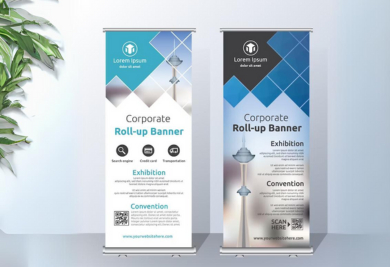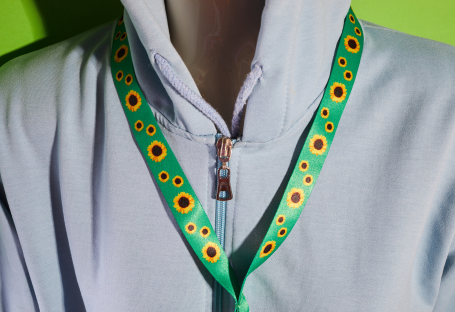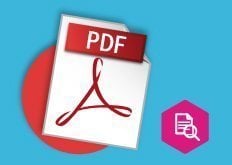
Whenever we print booklets, there are a lot of factors we need to consider. One of the important choices we need to make would be binding types. Binding types are determined on several factors, such as page count, budget and the book’s usage. For example, saddle stitch binding is cost-effective and is more suited for books with little pages like children story books, while perfect / adhesive bindings are great for catalogs and annual reports.
Either way, here in Gogoprint we offer a few kinds of bindings for you to choose from, and here in our article we cover what you should know about various binding methods for booklets!
Saddle Stitching
Page Count: Minimum 8 pages | Maximum 52 pages (estimate)
First in our list is saddle stitching, which is the simplest binding method. Popular and affordable, this “stitching” method consists of stapling folded pages together. Thanks to the way it is binded, the booklet can be laid flat easily when open, and showcases more of your design. This type of binding is suitable for children’s books, workbooks, magazines and most books with little page count.

Perfect / Adhesive Binding
Page Count: Minimum 54 pages | Maximum 400 pages (estimate)
If you love books, then perfect / adhesive binding is the most common type of binding you see when you browse any bookstores! Perfect / adhesive binding is done by gluing the cover and inner pages together at the spine. This well-known method is not only economical to use, books with perfect binding also display and stack easily. The booklet’s spine is also printable, making it easy to be located if placed on shelves. The con of this method is that the book cannot be laid flat, so it needs to be taken cared of properly. Annual reports, textbooks and books with high page count usually use this binding method.

Wire O Binding
Page Count: Minimum 28 pages | Maximum 200 pages (estimate)
Last but not least is the good ol’ wire-o binding, which is also a popular method when it comes to books. This method is created by punching multiple holes through the collated sheets and then bound by a metal looped wire to combine the pages. The metal wire can even come in a variety of colors depending on your preferences. The advantages of wire-O binding is that the booklet is able to lay flat when open and has an overall professional look to it. Artbooks, calendars or manuals are the few common books that use this kind of binding method.

Conclusion
Booklet bindings are the skeleton of any book (There’s a reason why the spine of booklets are called spine!), knowing more about them will help you choose the right binding type for your kick-ass booklet. Now that you’re familiar with booklet bindings, feel free to drop by our website and make that booklet!


















